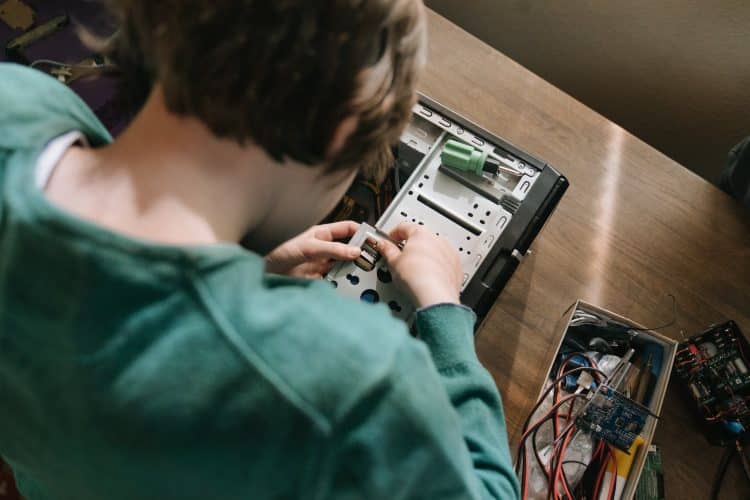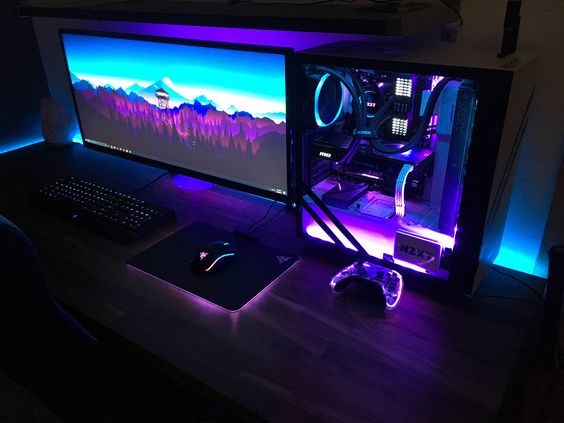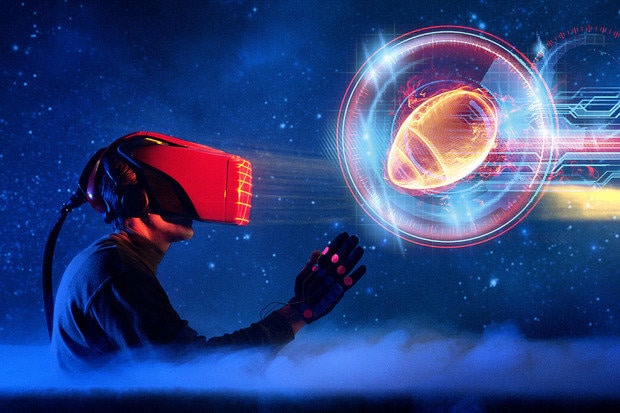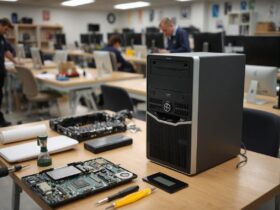When it comes to gaming, many players turn to PC gaming as the ultimate gaming experience. However, many people wonder why gaming PCs are so expensive. In this post, we will explore the factors that affect the price of gaming PCs and why they are worth the investment.
One of the main reasons why gaming PCs are so expensive is the cost of components. High-end graphics cards, processors, and memory are necessary for a smooth gaming experience, but they come at a premium price. Additionally, gaming PCs often require a powerful power supply and cooling system to handle the demands of running demanding games. These components add to the overall cost of the PC. This is pretty obvious to gamers, so we won’t spend a lot of time on why high-end components are expensive.
Buy or Build?
Another factor that affects the price of gaming PCs is the cost of assembly and labor. Building a gaming PC from scratch requires a significant amount of time and expertise, and manufacturers often charge a premium for the service. Additionally, many gaming PCs are built with custom parts and designs, which can add to the cost.
Buying a pre-built gaming PC has several advantages. For one, it is a more convenient option as you do not have to worry about sourcing and purchasing individual components. Additionally, pre-built PCs often come with a warranty and technical support, which can provide peace of mind for those who are not as familiar with building PCs. Pre-built PCs also tend to be more compact and easier to transport than custom-built PCs.
On the other hand, building your own gaming PC can be a more cost-effective option. When you build your own PC, you have control over the individual components that go into it, which can allow you to choose the most cost-effective options. Additionally, building your own PC allows you to customize and upgrade it as needed. It can also be a fun and rewarding experience for those who enjoy learning about and working with technology.
Another advantage of building your own PC is that you can choose the exact components you want and you can also upgrade it based on your needs, you also have the flexibility to choose the most cost-effective options, and you can also configure your PC to optimize the performance and cost.

The risk of building your own PC is that you make mistakes that could be costly. Not every component is compatible with every motherboard, or even with each other. Some might work, but their performance will be sub-standard. If you don’t know what you are doing, you could damage a component and lose the money you spent on it. There are no warranties for the completed PC that you build, and even some components might have limited warranties that are voided based on how you choose to use the component. Building your own gaming PC can be fun, but don’t assume that there are no risks!
Overall, both buying a pre-built gaming PC and building your own have their pros and cons. If you are looking for a more convenient option and are not comfortable working with technology, buying a pre-built PC might be the best choice. However, if you are looking for a more cost-effective option and enjoy the process of building your own PC, building your own might be the way to go.
Customization
Despite the high cost, many gamers argue that a gaming PC is worth the investment. A gaming PC allows players to experience games at their highest settings and resolution, which can enhance the overall gaming experience. Additionally, gaming PCs are highly customizable, and players can upgrade their PCs as new technology becomes available.
By choosing your own motherboard, you can open up the option for future upgrades when you have more money. This is very common when thinking about the amount of RAM you might install now versus what you could install later because your motherboard allows more capacity or a higher speed of RAM. But this could also be true for GPUs, even the option to install a second GPU.
The case that you choose can be compact if you want to transport your PC to gaming events, or it could be full-size to allow eventual expansion space for more drives or peripheral cards. The case also defines whether you are able to add a liquid cooling system to enable higher power-consuming and heat-generating components to be used.
Often gamers express their personalities through their build as well. So adding RGB lighting into the case, having a programmable mouse or gamepad, and installing high-end sound cards can all make a gaming PC that you build much more personal than one you buy from a store. In most cases, the customization you want is not very hard to install, but you would pay someone else a lot more money to do it for you.

Future Prices
When it comes to the question of whether gaming PC prices will go down, it’s hard to say. The cost of components fluctuates frequently, and it is hard to predict future changes. However, it is likely that as technology advances, the cost of components will decrease, making gaming PCs more affordable in the future. But why are gaming PCs so expensive in the first place?
As the technology level increases for gaming PC components, prices generally tend to drop over time. This is because as new technology is developed, it often becomes more efficient and cost-effective to produce, resulting in lower prices for consumers.
For example, when a new graphics card is released, it is typically priced at a premium because it is the latest and most advanced option on the market. But as time goes on and newer graphics cards are released, the price of the previous generation of graphics cards will typically drop. This is known as price depreciation.
Another example is storage. When solid-state drives (SSD) were first introduced, they were much more expensive than traditional hard disk drives (HDD), but as the technology progressed and more manufacturers began producing SSDs, the price dropped significantly. Nowadays, SSDs are considered a standard component in most gaming PCs, and they’re not considered a luxury component anymore.
The same can be said for other components such as processors and memory. As new and more advanced options are released, the prices of older options tend to drop.
It’s worth noting that not all components will drop in price at the same rate, and some components may even increase in price due to market demand or other factors. Additionally, some components may have a longer lifespan in terms of technology, meaning that they will remain relevant for a longer period of time, and their price will not depreciate as fast.
In general, it’s important to keep in mind that the cost of gaming PC components is subject to change and can fluctuate frequently. It’s a good idea to do research and compare prices before making a purchase.
Conclusion
If you’ve decided that you definitely want a gaming PC, this article should have given you a number of things to consider as you decide whether or not to build it yourself. Building your own PC can be rewarding, it often costs less, and it allows more customization options. However, there are risks if you don’t know what you are doing or don’t have confidence in your ability to learn how to design and assemble a PC. Costs are likely to drop over time, but new games are always being developed that require even more computing power. So, buying the highest-end equipment for a gaming PC will always be a costly endeavor. But if you ask any serious gamer, they will all say it was worth it.














Leave a Reply